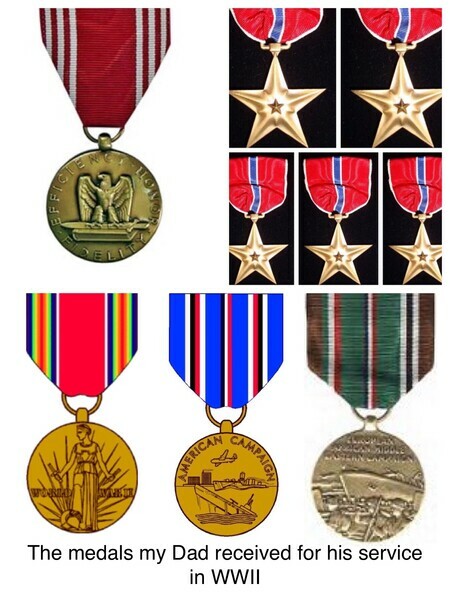
|
|
HOME
ABOUT THE ARTIST
GALLERY PHOTOS "Of SOLD Dolls”
GALLERY OF SOLD BRU DOLLS
*Jumeaus
*A.Thuillier
*Steiners
*Lady Dolls
*Mechanicals
*German Dolls
*Artist Originals
New page
ALLEN'S MEMORIAL
*********************** DOLLS FOR SALE Bru 11, "Madeline"
************************* LAYAWAY PROGRAM *************************
The Lavigne Letters: ABOUT THE BOOK
The Lavigne Letters: INTRODUCTION
CHAPTER 1
CHAPTER 2
CHAPTER 4
CHAPTER 3
CHAPTER 5
CHAPTER 6
CHAPTER 7
CHAPTER 8
The Lavigne Letters: One year after DDAY
GUESTBOOK
MAILING LIST
CONTACT
|
The Lavigne Letters THE LAVIGNE LETTERS INTRODUCTION
It was 2006, a beautiful fall morning in Maine, the sky was a deep blue with fluffy white clouds and the sun was brilliantly shinning through the red and gold autumn leaves still clinging to the trees. And like most October mornings in Maine, it was cool and we shivered as they seated my brothers, my sister and myself at our mother's graveside. There in front of us was an urn with our father's remains that was soon to be placed alongside our mother, he was 84 years old. We watched soberly as two uniformed soldiers, with great care, unfolded the American Flag before us and we quietly listened as Taps was being played. Taps was followed by a 3 gun salute after which the soldiers meticulously re-folded the flag in front of us and presented it to my brother Mark; “This flag is presented on behalf of a grateful nation and the United States Army as a token of appreciation for your loved one's honorable and faithful service.” Mark and I looked at each other with tears flowing down our cheeks, we had fulfilled our father's final wish, to be buried beside our mother with military honors. He would have been so proud. It was almost 80 years ago, in the early months of 1944, that my father traveled to England with Battery D 197th AAA (anti aircraft artillery) to begin training exercises in preparation for the D Day Invasion, he was a heavy machine gunner. They were onboard the luxury cruise ship, the Queen Elizabeth, which at that time was being used to move US troops after the U.S.S. Lafayette had burned, capsized and sank in the waters off New York Harbor. At eight o'clock in the morning, on June 6, 1944, he landed on the Omaha Beach in Normandy France to a blood bath that took thousands of American soldiers lives. After the Normandy Invasion, my father was also in the battles of Northern France, Ardennes, Belgium, (Battle of the Bulge), Rhineland, and Central Europe. He was awarded the American Theater Campaign Medal, EAMET Campaign medal with 5 bronze service stars, the Victory Medal and the Good Conduct Medal.
|
